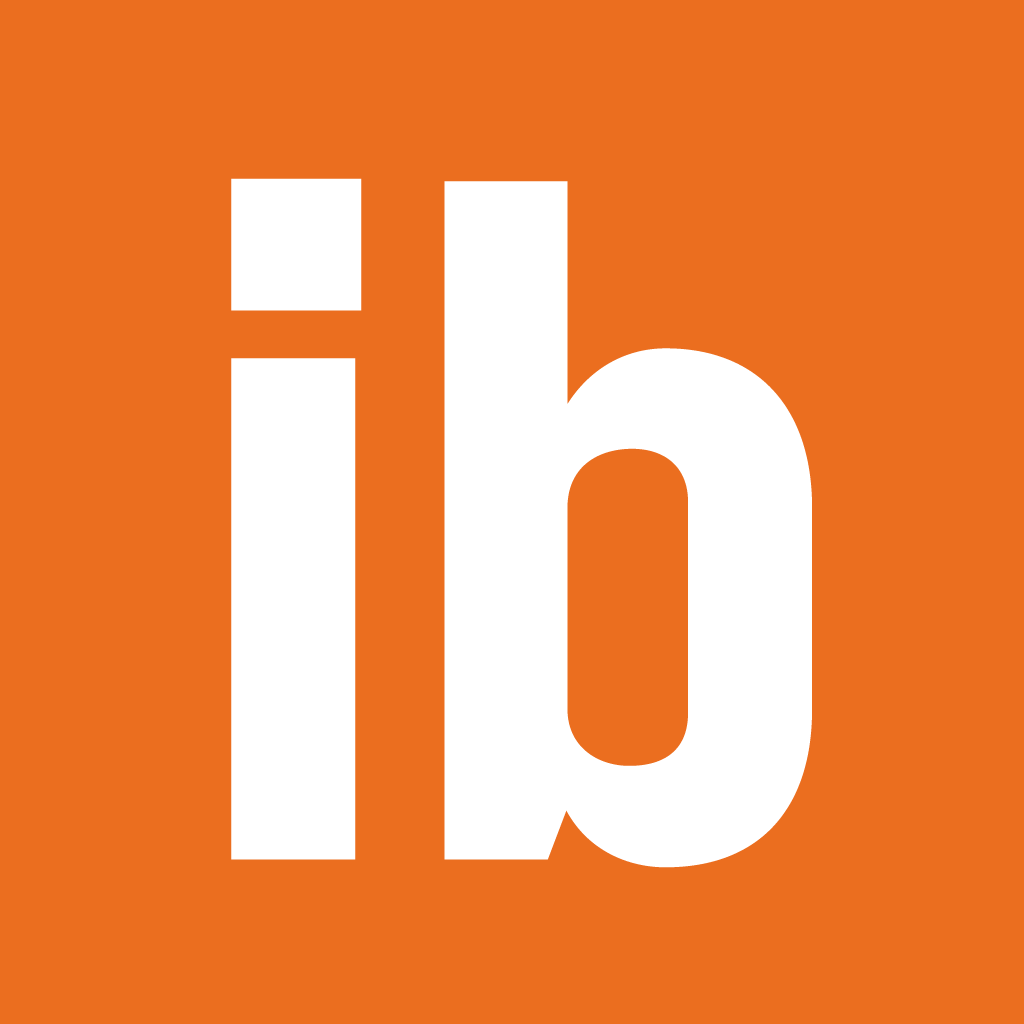Are you serious about buying a home?
There’s one key document you’ll need – a mortgage pre-approval letter.
A pre-approval is your ticket to the homebuying game, a VIP pass that shows sellers and realtors you’re not just window shopping – you’re a serious buyer.
With a pre-approval, a lender states how much they’re willing to lend you to buy a home, subject to certain conditions. While it’s not a guaranteed loan offer, it confirms to the seller that you’re legit – making it a very powerful tool when you’re house shopping.
Now, if you’re a first-time homebuyer (heck, even if you’re not), you probably have questions about how to acquire this magical document. So, let’s answer some commonly asked questions regarding pre-approvals.
Is being pre-approved the same as being pre-qualified?
The short answer – no. While similar, there are important distinctions. Since these terms are commonly confused, we asked one of our home lending experts, Marne Renn (NMLS: 259409), to help clear things up!
The big difference between pre-approval and pre-qualification – verification.
“A pre-qualification gives an estimate of how much you might be able to borrow for a mortgage,” says Renn. “It’s not verified, meaning it’s likely no one has looked at a pay stub, a bank statement, anything besides what you told me (your lender) that you made in income.
“When you get a pre-approval, it means we’ve verified the income you told me is there, so we’ve reviewed your financial documents (e.g., check stubs, bank statements, tax returns, etc.) and confirmed that you have enough funds to close a mortgage loan. It tells us: There’s a good chance that we may extend credit to this person.”
What documents do you need to provide to get pre-approved?
If you’re a W-2 employee, at a minimum you’ll need:
- Bank statements
- Identifying documents (e.g., state-issued ID such as a driver’s license and/or passport)
- Investment account statements (including retirement accounts)
- Pay stubs
- Tax returns (past two years)
- W-2s (past two years)
If you’re self-employed, at a minimum you’ll need:
- Bank statements
- Business tax returns (e.g., may include Schedule K-1, 1120 and 1120S – two years)
- Certain business documents (e.g., licenses, balance sheet, recent business bank statements, P&L statements, etc.)
- Identifying documents
- Investment account statements (including retirement accounts)
- Personal tax returns (two years)
Lenders will also check your credit history by getting a credit report.
Generally, pre-approvals are valid for 90 days.
NOTE: If you’re buying an investment property or a second home, you’ll need to provide the mortgage statement (showing property taxes and insurance) from your current home and other properties you own.
How long does it take to get pre-approved?
At IncredibleMortgage.com, from submission of application to pre-approval, it can take as little as “24 to 48 hours” for a conventional loan, says Renn. Pre-approvals for government loans (e.g., FHA, USDA, and VA loans) tend to take bit longer.
Is there anything you should AVOID doing once you’ve been pre-approved?
Certain actions could hinder your ability to get approved for a mortgage if you do them after you’ve been pre-approved.
DON’T …
- Apply for new credit/Take out additional loans
- Change bank accounts
- Change jobs
- Make a large purchase or move large sums of money
- Open or close credit cards
Why should you get a mortgage loan that matches your lifestyle (avoid the “ramen noodle effect”)?
It’s important to consider how your mortgage payments will fit into your lifestyle when getting pre-approved. Just because you CAN get pre-approved for a certain amount, it doesn’t mean you SHOULD get a mortgage up to that amount.
Leave yourself some flexibility so you can comfortably afford to live your life.
“When I give a pre-approval, I want them to consider all aspects of their lifestyle, so they don’t experience the ‘ramen noodle effect,’ which means being pre-approved for the maximum amount they qualify for, but then being unable to maintain their quality of life,” Renn said. “It’s not advisable to move into a house that you can afford but can’t afford anything else, and then end up in a situation where you’re eating ramen noodles sitting on a folding chair in your room.”
Consider how a high mortgage payment might limit your ability to go on vacations, spend money on dining and entertainment, or keep you from reaching your savings and retirement goals.
How important is it to find the right lender?
“It’s by far the most important thing you can do,” says Renn. “You need to go with someone you’re comfortable with and where there are no dumb questions when it comes to homebuying.”
Renn gave the example of a person buying a home who was going to be charged an origination fee of $8,000 at another institution. That person reached out to Renn who was able to save them “about $7,000 in origination and a half-point in interest.”
Disclaimer: not every customer will have this same scenario.
“No one wants to get to the end and be like, ‘I didn’t realize this is what was going to happen,’” says Renn. “So having that relationship with a lender, they have to be available to you in order to answer your questions.”
Why IncredibleMortgage.com lenders?
“We answer all phone calls and emails by the end of the day,” Renn says. “It’s a requirement for us, but it’s also something we live up to so that the customer always has an answer.”
“Buying a home is one of the most expensive purchases you’re going to make, and you need to be comfortable with who’s helping you get that done,” advises Renn. “We will always work to make you feel comfortable and confident throughout your homebuying process – from pre-approval to close.”



